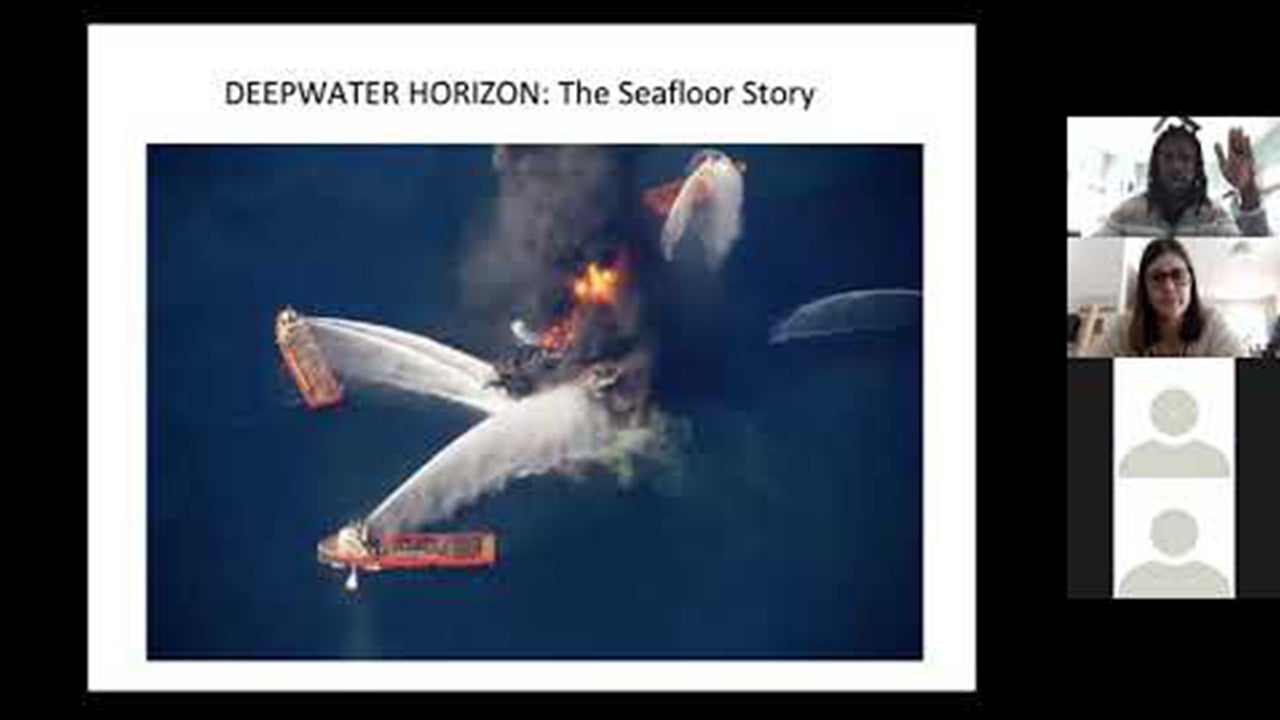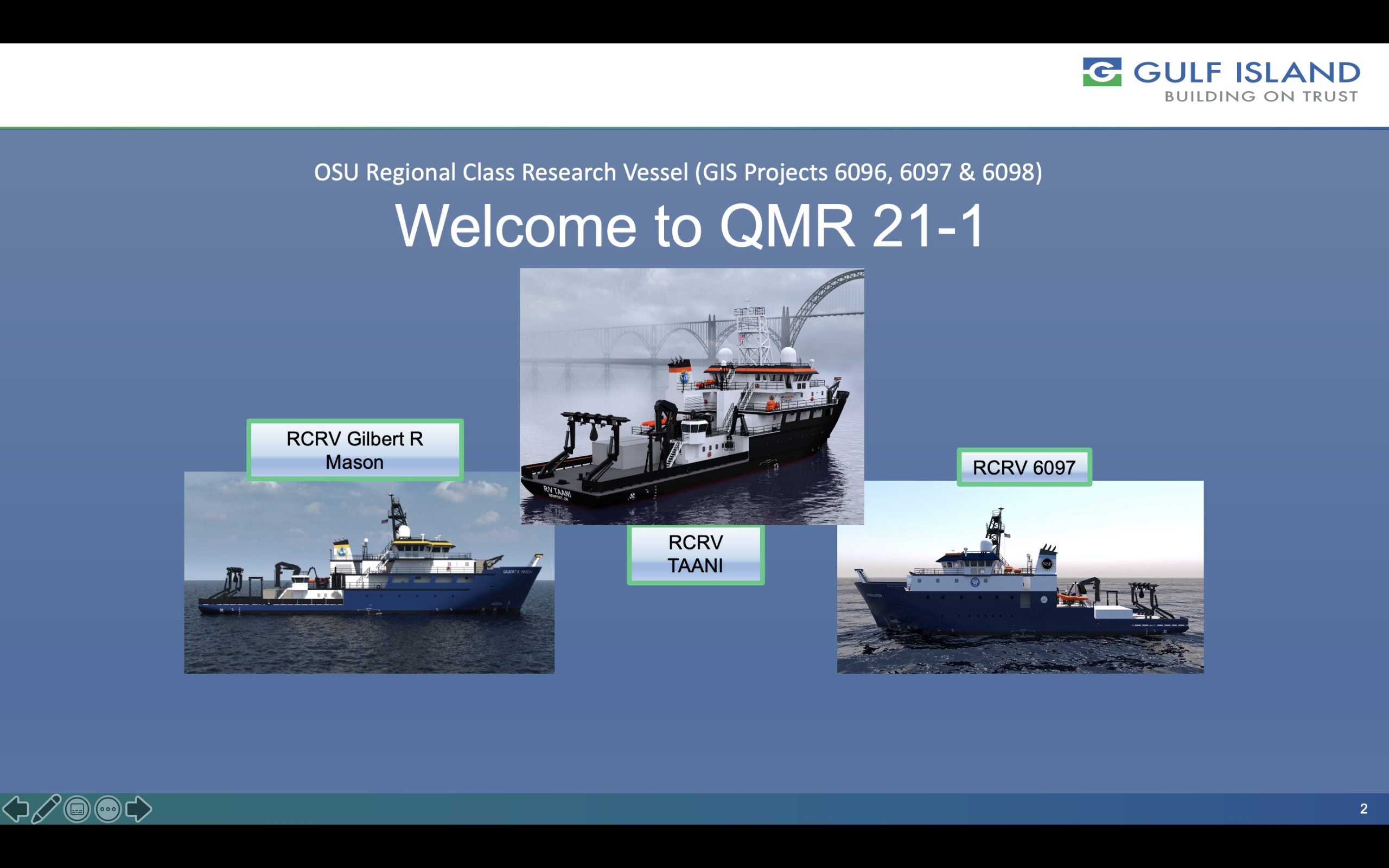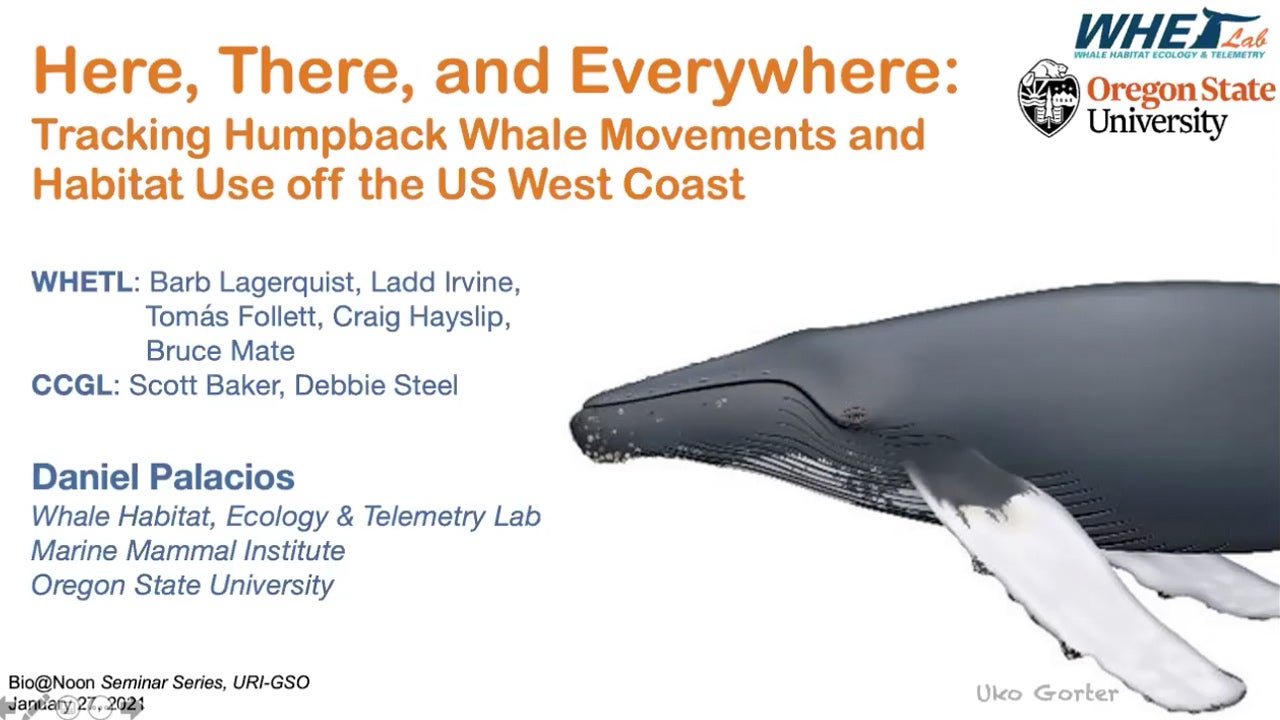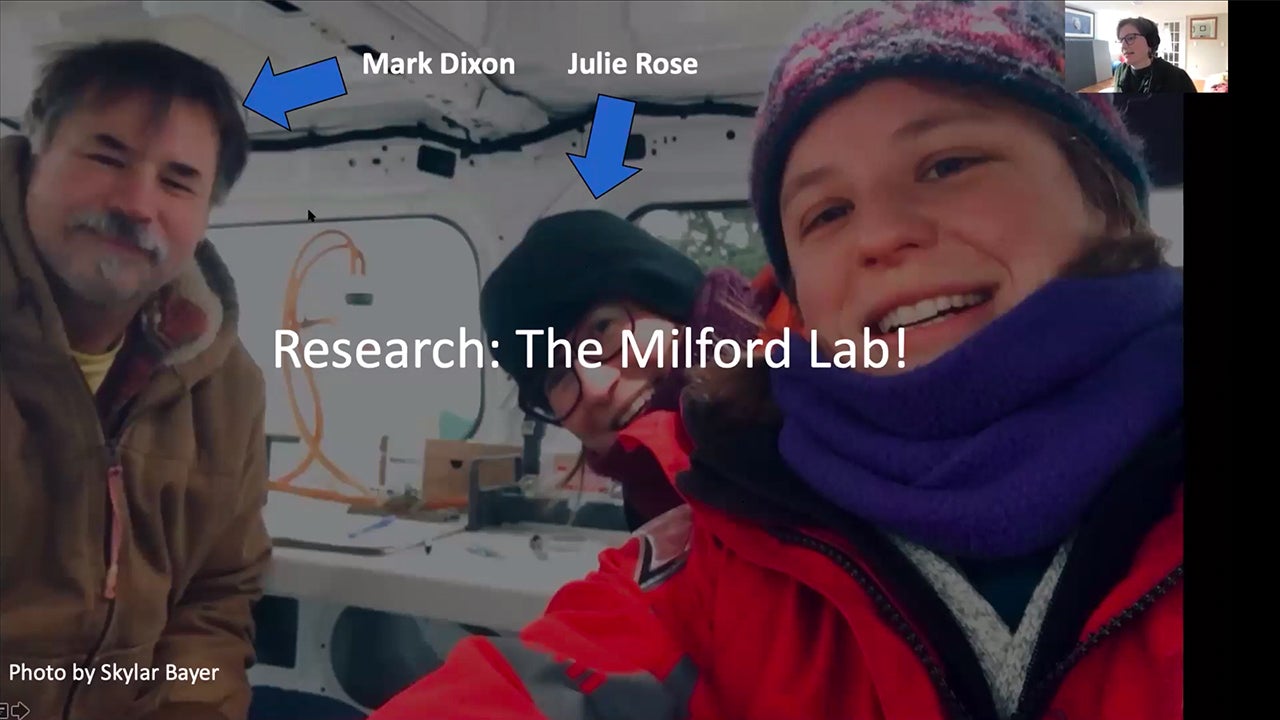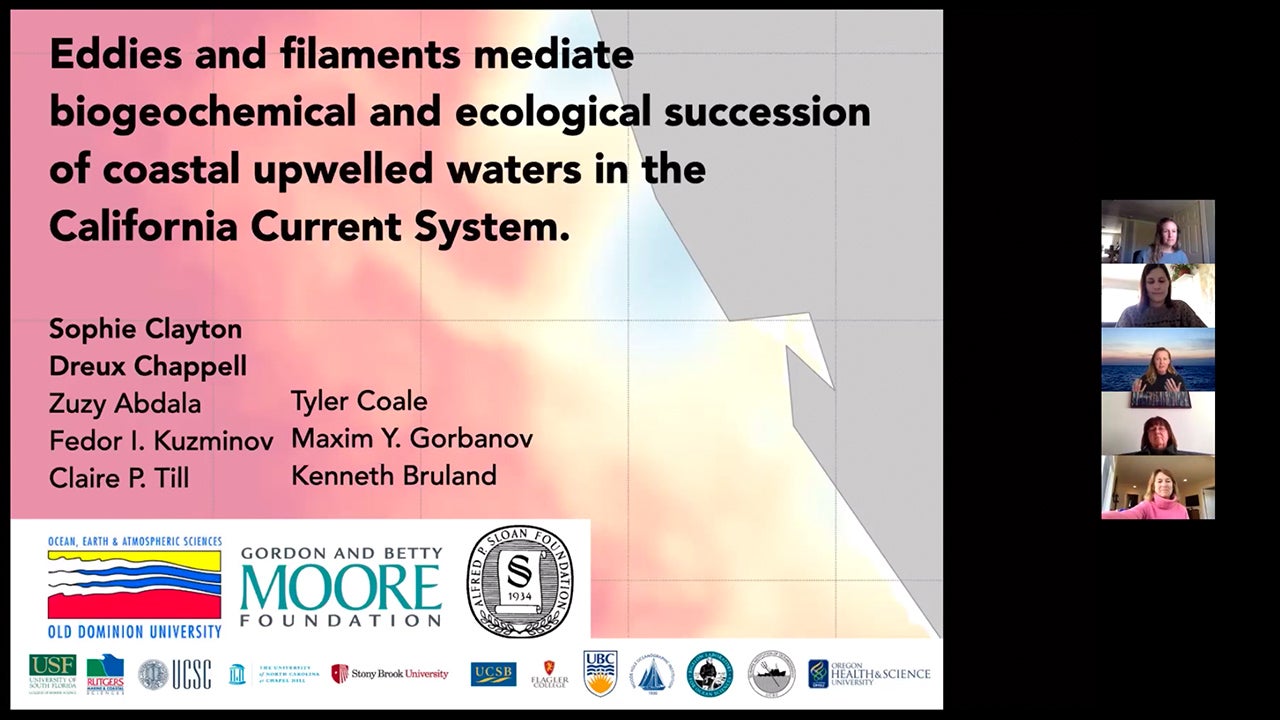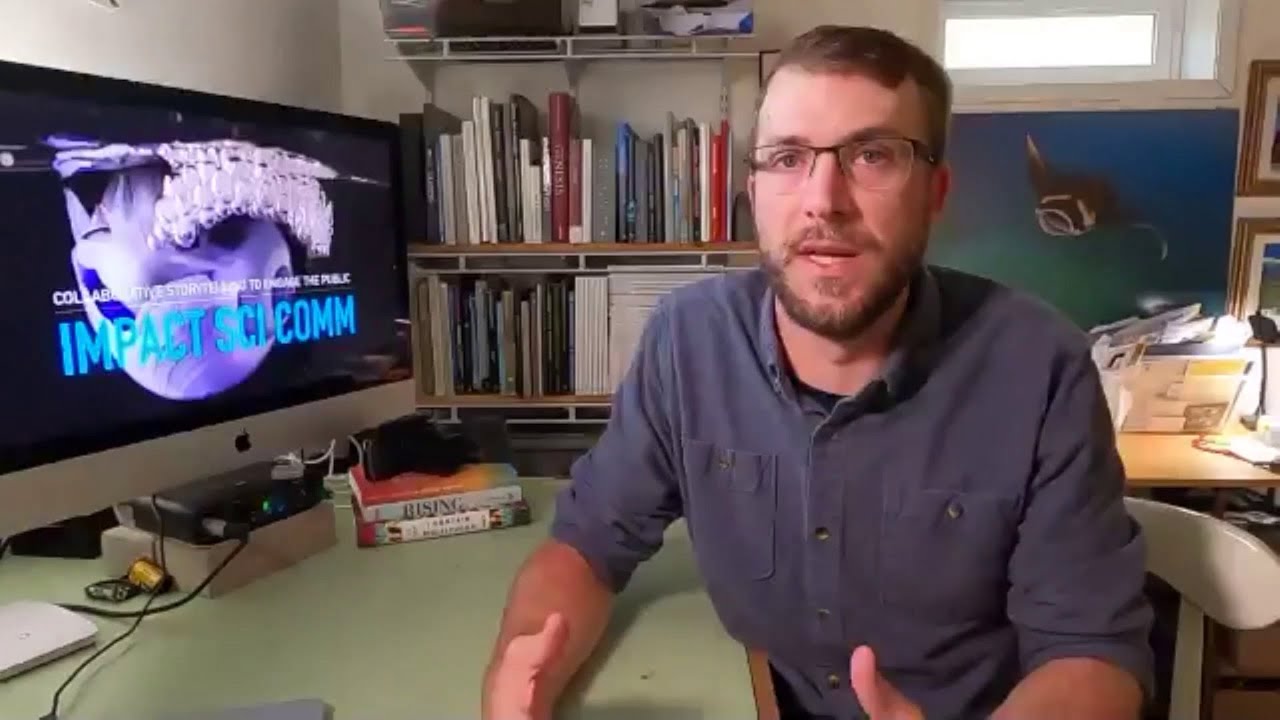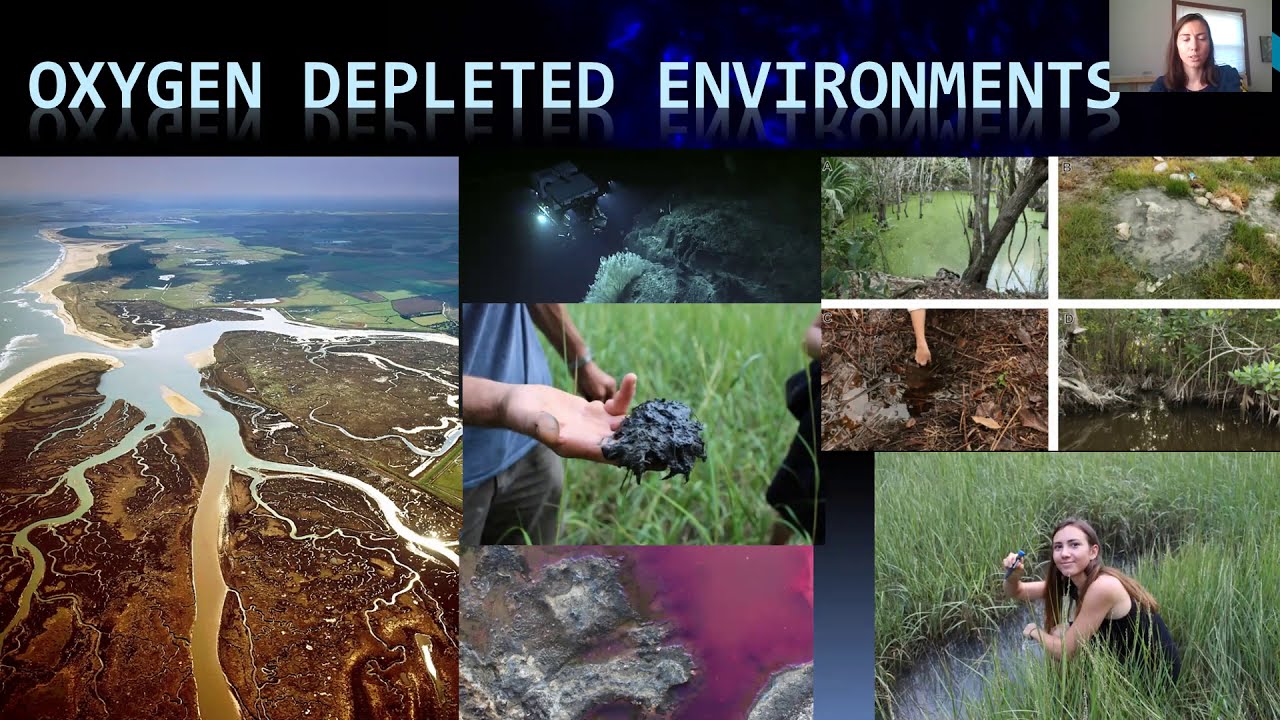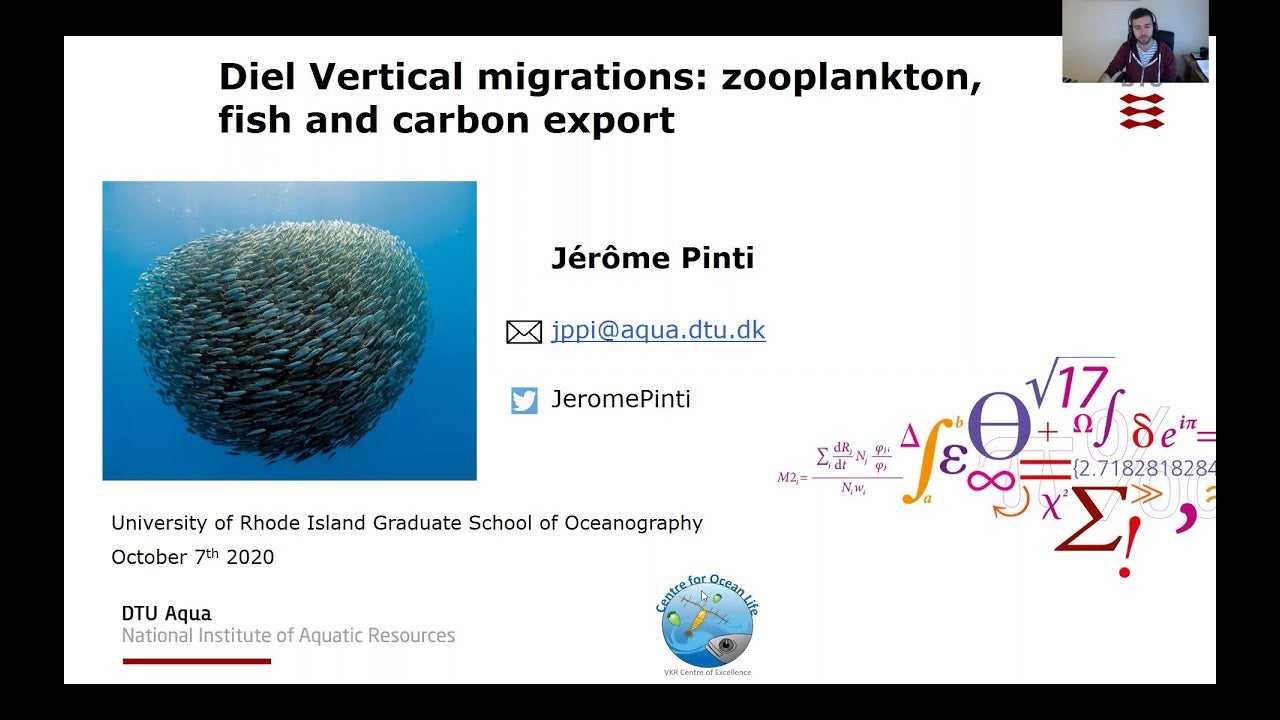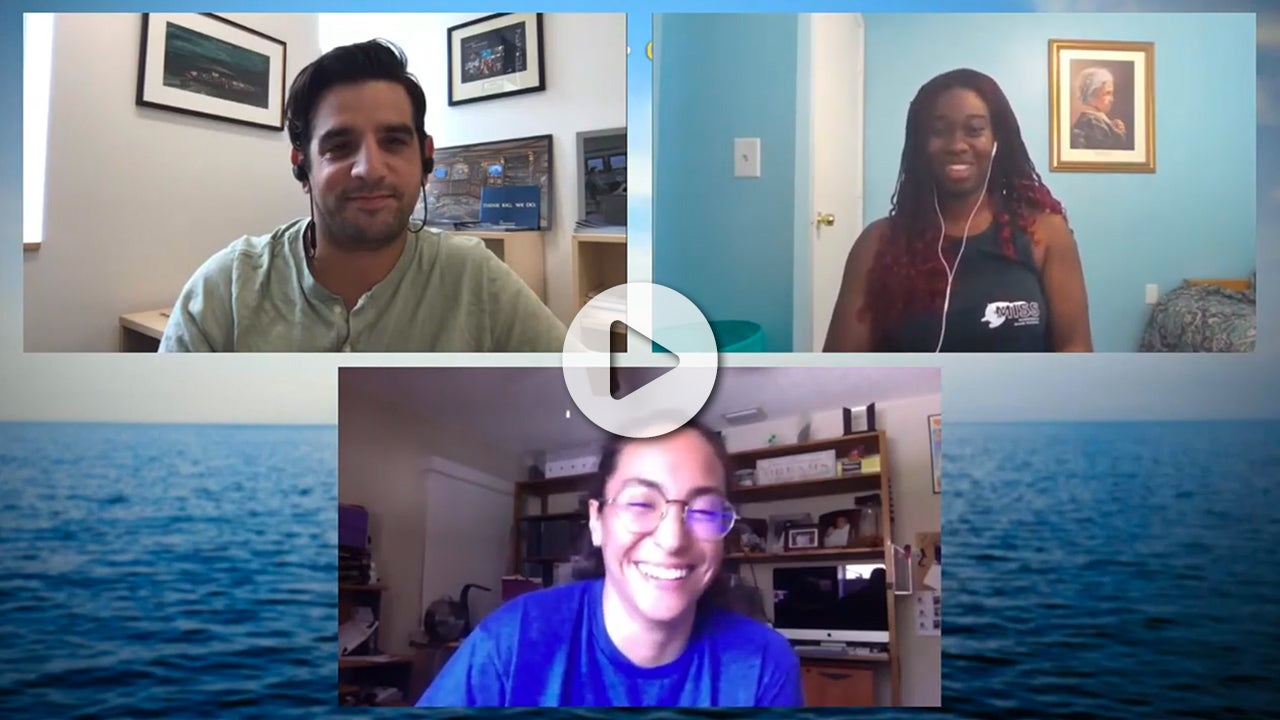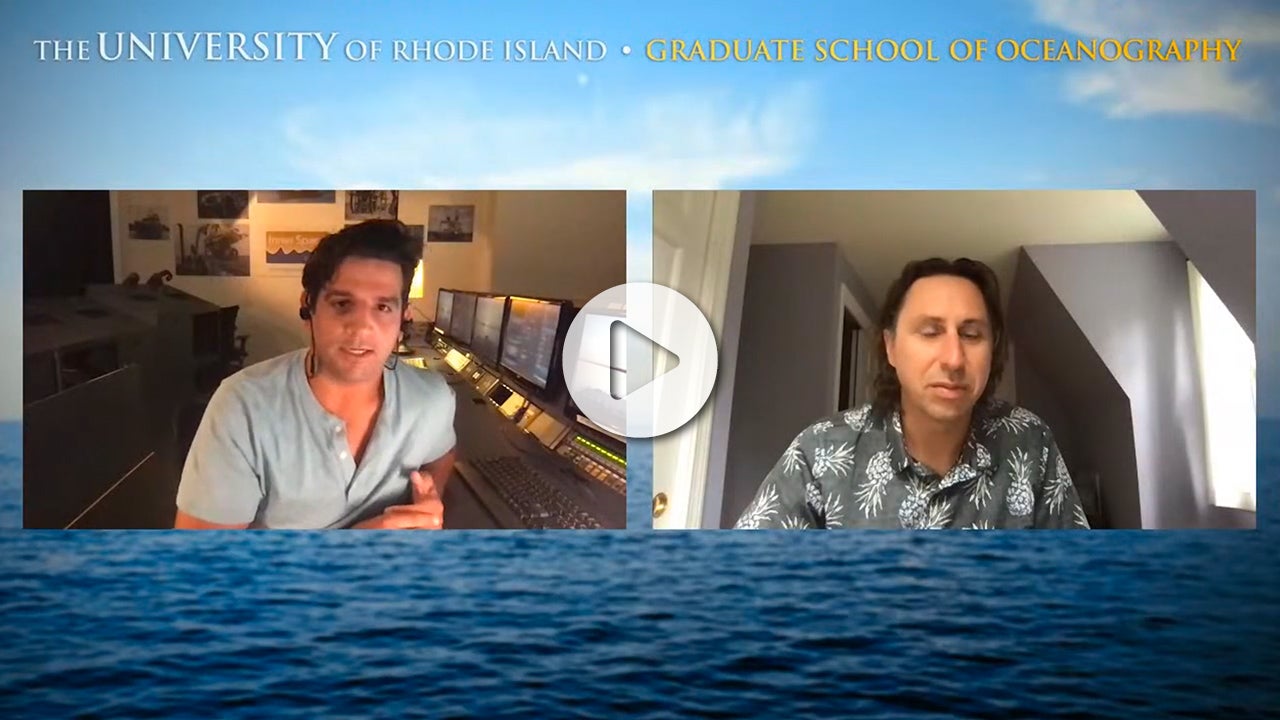Human understanding of the deep-sea benthic environment has always been limited by our ability to sample it, and as a result, deep-sea benthic ecology has a long history of mischaracterization (Edward Forbes’ azoic theory).
Continue reading "Bio@Noon – Dr. Kersey Sturdivant – The untold story of recovery following the Deepwater Horizon incident: A worm’s eye view"Author: Derek Sutcliffe
Regional Class Research Vessel Project Update
RCRV-2 Construction – Interim Report, February 2021 By GSO Dean Emeritus Bruce Corliss The RCRV project continues to move forward with construction of the R/V Taani, RCRV-2 (Hull 6097), and the R/V Gilbert R. Mason by the Gulf Island Shipyard (GIS) in Houma, La. Last week, a virtual Quarterly Management Review took place with GIS, […]
Continue reading "Regional Class Research Vessel Project Update"Bio@Noon – Dr. Daniel Palacios – Here, There, and Everywhere
Tracking Humpback Whale Movements and Habitat Use off the US West Coast.
Continue reading "Bio@Noon – Dr. Daniel Palacios – Here, There, and Everywhere"Bio@Noon – Skylar Bayer – Nutrient removal by Greenwich, CT oysters
Nutrient removal by Greenwich, CT oysters through biodeposition and excretion measurement.
Continue reading "Bio@Noon – Skylar Bayer – Nutrient removal by Greenwich, CT oysters"Bio@Noon – Dr. Sophie Clayton – California Current System
Eddies and filaments mediate biogeochemical and ecological succession of coastal upwelled waters in the California Current System.
Continue reading "Bio@Noon – Dr. Sophie Clayton – California Current System"Bio@Noon – Jason Jaacks – Using Collaborative Storytelling to Engage the Public
Through a number of case studies, Prof. Jason Jaacks will discuss collaborative and interdisciplinary approaches to science communication, established and emerging media organizations and trends, and innovative storytelling tools.
Continue reading "Bio@Noon – Jason Jaacks – Using Collaborative Storytelling to Engage the Public"Bio@Noon – Where oxygen is not popular – URI Graduate School of Oceanography
Recent studies showed that oxygen depleted areas in the ocean are increasing in number, extent and persistence, forming so called ‘dead zones’. Yet, diverse life forms thrive in these seemingly hostile conditions.
Continue reading "Bio@Noon – Where oxygen is not popular – URI Graduate School of Oceanography"Bio@Noon – Jérôme Pinti – Diel vertical migrations: Zooplankton, fish and carbon export
Diel Vertical Migration (DVM) is a key feature of pelagic and mesopelagic ecosystems, mainly driven by predator-prey interactions along a time-varying vertical gradient of light.
Continue reading "Bio@Noon – Jérôme Pinti – Diel vertical migrations: Zooplankton, fish and carbon export"Swimming with Shark Scientists (Episode 9)
Despite what you see on television, there are hundreds of fascinating shark species other than great whites swimming in the ocean. Likewise, there are plenty of incredible women and people of color making scientific discoveries about these mysterious creatures. In this episode Jasmin Graham, one of the founders of Minorities in Shark Sciences, and Triana Arguedas […]
Continue reading "Swimming with Shark Scientists (Episode 9)"The Totally True Story of the Sharkcano (Episode 8)
“Sharkcano” might conjure images of a terrible made-for-TV movie, but join Brennan Phillips (URI Department of Ocean Engineering) to hear about his explosive discovery: sharks swimming in sizzling hot water within an underwater volcano! Watch this great example of the incredible—and often unexpected—discoveries that ocean scientists make. Great for all ages! This episode made possible […]
Continue reading "The Totally True Story of the Sharkcano (Episode 8)"
